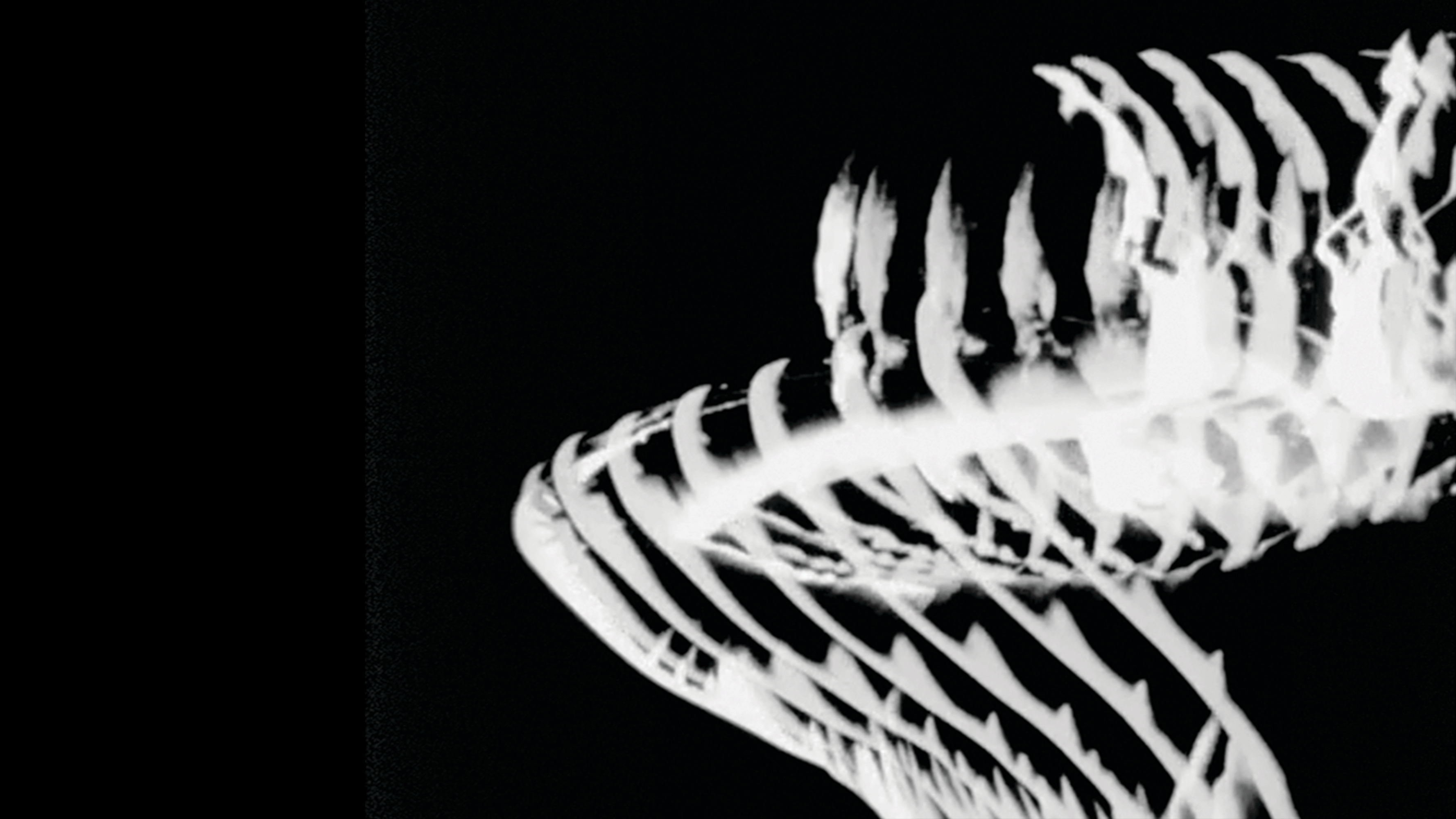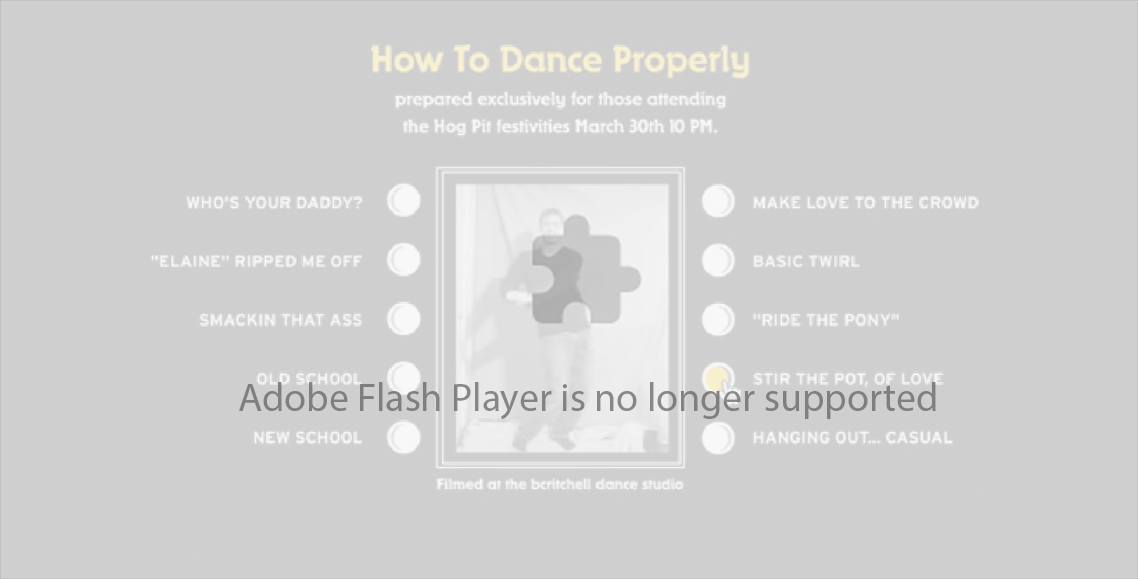Documentation

[Recap] TiM Seminar 2022-23 “Collaboration and Dissensus in the Experimental Arts and Innovation Policy” – Michael Century (Rensselaer Polytechnic Institute)
by Job Santé During the second seminar of the Transmission in motion seminar programme Michael Century presented his recently published book Northern Sparks: Innovation, Technology Policy and the Arts in Canada from Expo 67 to the Internet Age, In doing so he illustrated the ways in which Canadian policy-making had shaped the ways…
Read more
[Recap] TiM Seminar 2022-23 “Media Imaginaries / Imaginary Media / Imaginations of Media” – Frank Kessler and Imar de Vries (UU)
“Imaginary Media and the Pursuit of the Impossible Dreams” by Olga Efremova The first in 2022-23 Transmission in Motion seminar series opened with a welcome from Dr. Maaike Bleeker, who introduced media history researchers from Utrecht University Dr. Frank Kessler and Dr. Imar de Vries. The first part of the seminar consisted of…
Read more
The Potential to Die: “Do Performing Robots Dream of Sinterklaas?” A Child’s Play – Olga Efremov
The third session of TiM was a fascinating combination of three presentations united by a common desire to unravel both performative and technological aspects of robot actors and robot-like acting, and live theatrical performances that put the theory to practice. Both Simple Machines by Ugo Dehaes and NAO: Re-wired by Ulrike Quade Company…
Read more
Robotic Ritual – Job Santé
The third session of the Transmission in Motion seminar was centred around the topic of “robotic imaginaries”. During the presentations that took part in the session, one project stood out for me, namely the NAO: Re-wired project by the Ulrike Quade Company.[1] Within this project, a so-called NAO robot was deconstructed and rewired…
Read more
The Unbecoming of my Broken Laptop – Pauline Munnich
What does it mean to design and perform as a robot? In the seminar “Robotic Imaginaries” several speakers discussed how theatre and robots informed each other and how by bringing robots to the theatre it opened up new ways of designing robots and new imaginaries of what robots can be. Where before I…
Read more
“Failing at Human: Kinship Between Humanoid Robots and Autistics” – Chris van der Vegt
The third session of Transmission in Motion on the topic of robots in art and performance was opened with a short introduction by professor Maaike Bleeker wherein she noted that, for a long time, it was the goal of developers to make robots resemble human movement, speech and behaviour as closely as possible….
Read more
“Modding Video Games as the Invention and Intervention of Technological Imaginaries” – Pauline Munnich
During the seminar “Collaboration and Dissensus in the Experimental Arts and Innovation Policy”, Michael Century discussed how intersections between art and cultural institutions, federal government agencies, and university departments created artistic inventions and critical interventions in the emerging imaginaries of digital culture. Through experiments, artists and scientists sought to explore what new technologies…
Read more
“Obsolete Innovations: The Case of Ze Frank’s Lost Digital Projects” – Chris van der Vegt
In his book Northern Sparks (2022), Micheal Century investigates the intersection of art, technology and policy in Canada from 1967 to 1992. One of Century’s central claims is that artists played a critical role in exploring the potential of new technologies during this period (5). Century writes that the artists not only experimented…
Read more
“What Do We Mean When We Say ‘Metaverse’?” – Chris van der Vegt
Something that came up repeatedly in our discussion on technological imaginaire was the idea of an immersive virtual world or a ‘Metaverse’. ‘Metaverse’ is the name of a product currently in development by Meta, the company previously known as Facebook. At the same time as Meta announced its rebranding at Connect 2021, the…
Read more
“The Apparatgeist of VR and the Logic of Immersion” – Jingzhe Zhang
One of the many interesting things brought up by Frank Kessler and Imar de Vries in the seminar is the theory of Apparatgeist. Apparatgeist is a neologism coined by James Katz and Mark Aakhus (2002) based on their observation of parallel shifts in communication habits that came out of mobile phone adoption in different…
Read more
